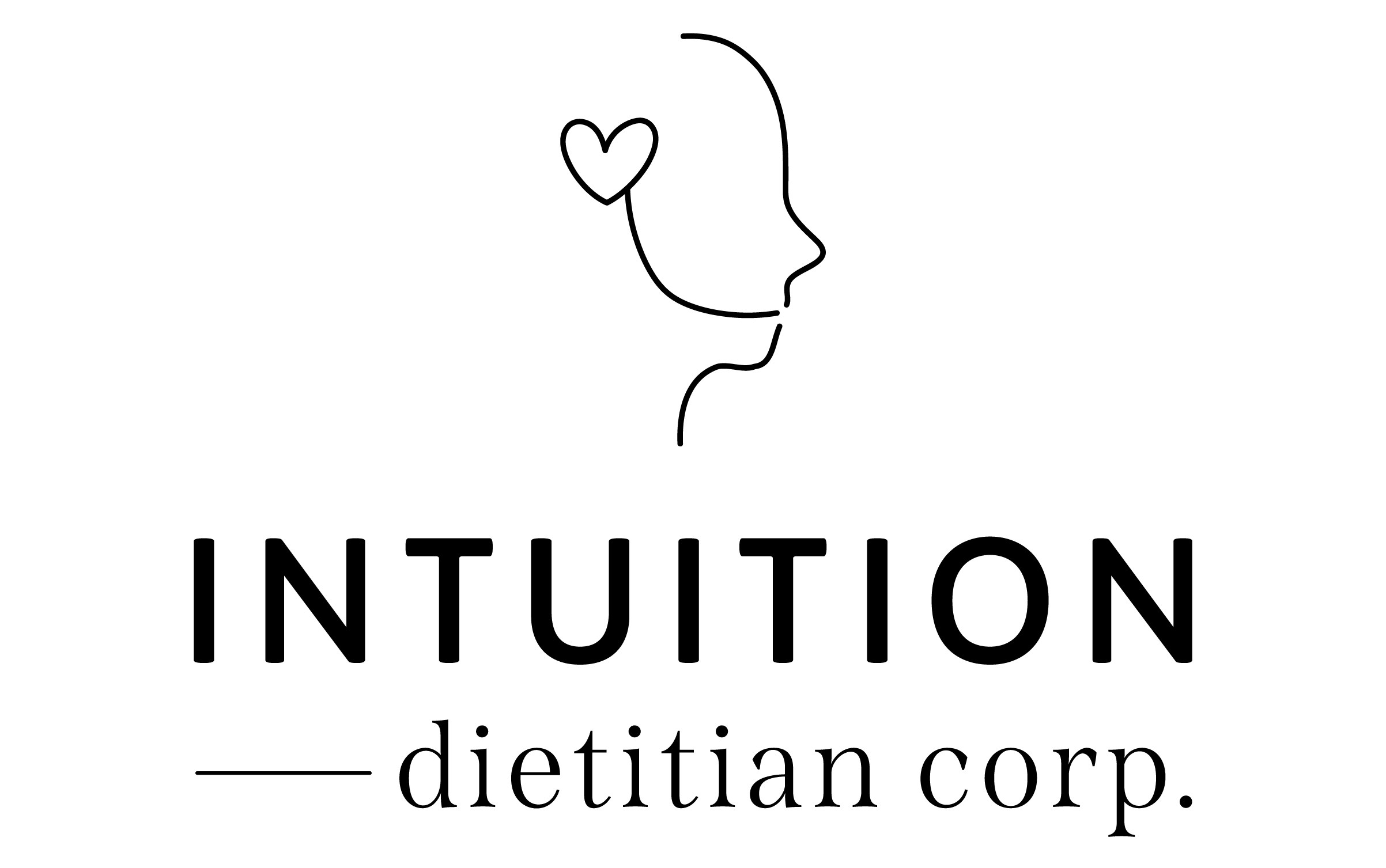EATING DISORDERS
Eating Disorder Care
Our team is here to support you on your journey to a healthier relationship with food and your body. Our dietitians play an important role in clients with eating disorders and disordered eating patterns. They provide specialized nutritional guidance tailored to your unique needs, promoting physical and emotional well-being.
Starting this journey might feel a bit hard, but we’re here to support you every step of the way. Together, we can help you feel better and build a healthy relationship with food.
Eating disorder care might be right for you if:
- You have been diagnosed with an eating disorder
- You have disordered eating patterns including extreme dieting, frequent binge-eating episodes, or compulsive behaviors around food
- You have a negative body image and/or have a strong desire to change the way your body looks
- You feel out of control around food, especially during binge-eating episodes or periods of extreme restriction.
- You would like professional guidance to make lasting and sustainable changes in your eating habits.
Understanding Binge Eating Disorder:
Binge Eating Disorder (BED) involved recurring espidoes of eating large quanitites of food quickly, often to the point of discomfort, without other behaviors such as purging. Those with BED may eat in secret and feel a loss of control during binges, leading to guilt and shame afterward.
Signs and Symptoms
- Frequent Binge Episodes: Consuming large amounts of food rapidly, often feeling out of control.
- Emotional Eating: Using food to cope with stress or emotional distress.
- Hiding Food: Eating secretly to avoid judgment.
- Distress About Eating: Worries about weight and eating behaviors impacting emotional well-being.
Causes and Triggers
BED can arise from various factors, including:
- Genetics: A family history of eating disorders.
- Psychological Factors: Low self-esteem, trauma, anxiety, and depression.
- Diet Culture: Societal pressures regarding body image that lead to restrictive dieting and trigger bingeing.
Seeking Help
If you or someone you know is struggling with BED, seeking support from a registered dietitian can help. We provide a compassionate environment to explore your relationship with food, develop intuitive eating habits, and foster a positive body image. Remember, recovery is a journey, and you don’t have to navigate it alone. Reach out today to start your path to healing.
How to Stop Emotional Eating: Finding Comfort Beyond the Plate
Welcome back to week 6 of our series “Weekly Tips to Help you Stop Binge Eating”! Read the first five weeks here! We’ve all been there. You’ve had a long, stressful day, and the only thing that...
Benefits of working with a dietitian:
- Nourish your body without restriction. A dietitian will help create a plan that fits your need to make sure you get the right kind and amount of food.
- Learn new ways to deal with feelings without using food
- Talk in a safe space. You can openly talk about your challenges and successes in a fully private and confidential session.
- Know you are getting credible information and resources that you can rely on
- Gain back mental space and time previously spent on thinking about and managing food
Toni Vandenbrink has completed an Eating Disorders for Dietitians certificate and is passionate about helping those on their journey towards healing and recovery from disordered eating and eating disorders.
